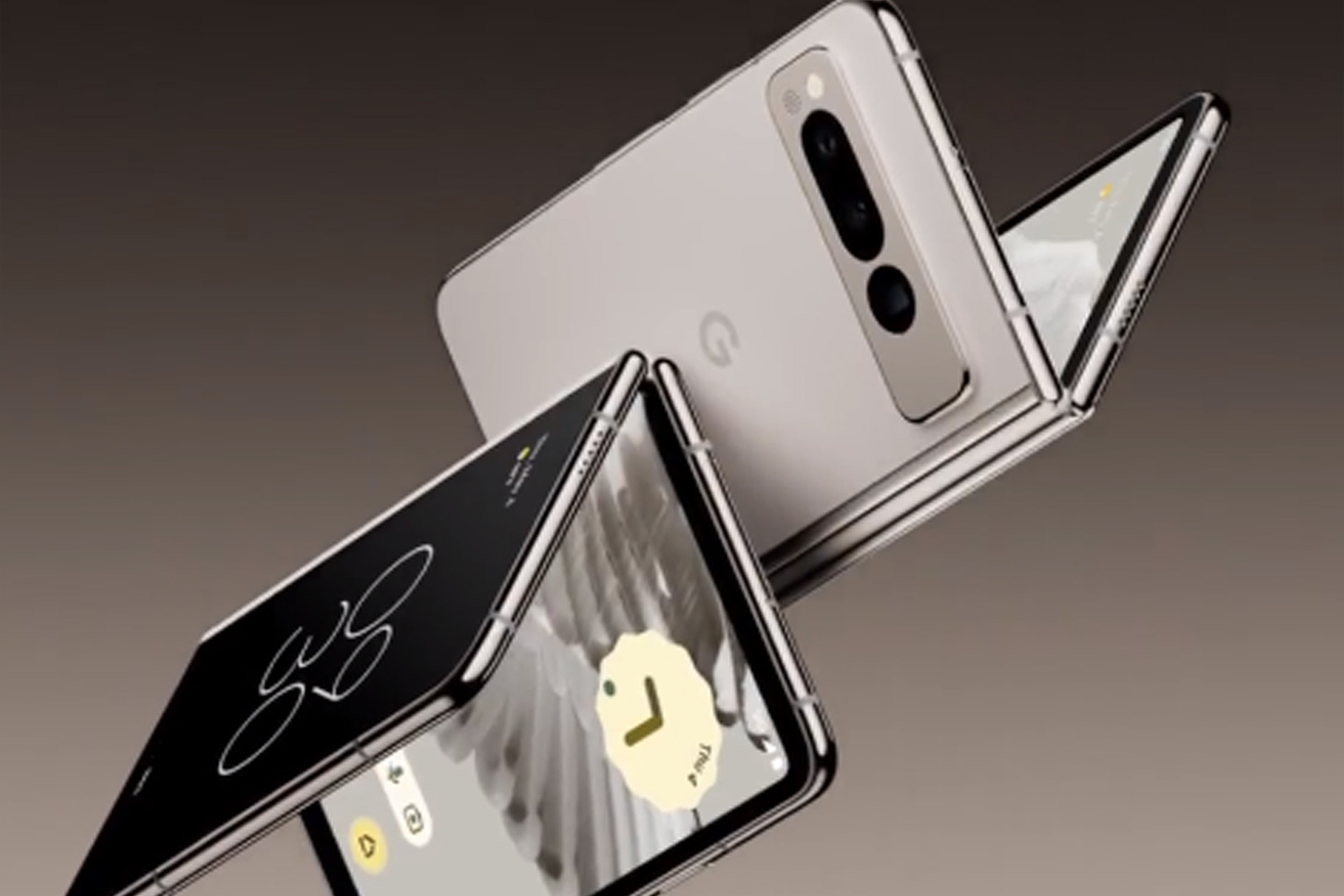
The Google Pixel Fold reviews are starting to come in, and they're generally positive: The Verge says it's "a powerful device with an entertainment-friendly inner screen"; Engadget says it's "the challenger that Samsung needs"; and while the Evening Standard balks at the price, it says it's "a shiny glimpse of the future". But, we’re also starting to see reports of what look like serious quality control issues.
The worst example comes from Ars Technica, whose Pixel Fold died after just four days. As Ron Amadeo explains, “The flexible OLED screen died after four days. The bottom 10 pixels of the Pixel Fold went dead first, forming a white line of 100 per cent brightness pixels that blazed across the bottom of the screen.
"The entire left half of the foldable display stopped responding to touch, too, and an hour later, a white gradient started growing upward across the display.”
The problem appears to be with the protective plastic layer that keeps the OLED safe - its glass isn’t as tough as the protective glass on the best phones, so it needs that extra protection. However, the plastic doesn’t quite meet the edges, and in this particular case the plastic moved enough for some kind of dust or debris to get in there.
The next time the Pixel Fold was folded, that dust or debris punctured the OLED panel.
This isn’t the first folding phone to experience issues. The original Samsung Galaxy Fold had problems too – The Verge’s review unit broke after just one day – and the Galaxy Z Fold 3 had screen cracking issues.
Manufacturers of the best folding phones all face the same problem: it’s hard to make a folding screen that’s durable. But, the big question here is whether the four-day Fold fatality is a folding-phone thing or a Google quality control thing.
Is Google’s quality control up to scratch?
Android Police isn’t sure.
Reviewing the Pixel Fold, Will Sattelberg wrote that while on paper it has a good screen, “in practice, I hate almost everything about it… it seems like Pixel Fold has fewer coatings than the Galaxy Z Fold models”.
Sattelberg also noticed the same dead zone that apparently killed Ars Technica’s phone: “Between the pre-installed, non-removable screen protector and the surrounding bezel, you'll find a millimetre of unprotected space that draws in all sorts of dust and debris.”
Writing on XDA Developers, Karthik Iyer is wary of the Pixel Fold because of Google’s history: “Google doesn't have the best track record when it comes to quality control, particularly for its Pixel phones,” he wrote, pointing to multiple issues on Pixels including colour-shifting and screen burn problems, audio issues and even phones shipped with a quality control slip saying it had failed testing.
As much as I love folding phones, it’s clear that they’re much harder to make than standard smartphones – and that additional complexity, and the additional stresses of folding and unfolding displays, plus the fact that you can’t use screen protectors or normal protective cases, means that if your quality control isn’t absolutely top-notch then even minor problems can become major ones.
Of course, these issues may be isolated and rare, but any problem causing a four-day lifespan on any phone isn’t good enough - especially for a phone costing around $1,800. We'll keep an eye out for any further news on this one.







